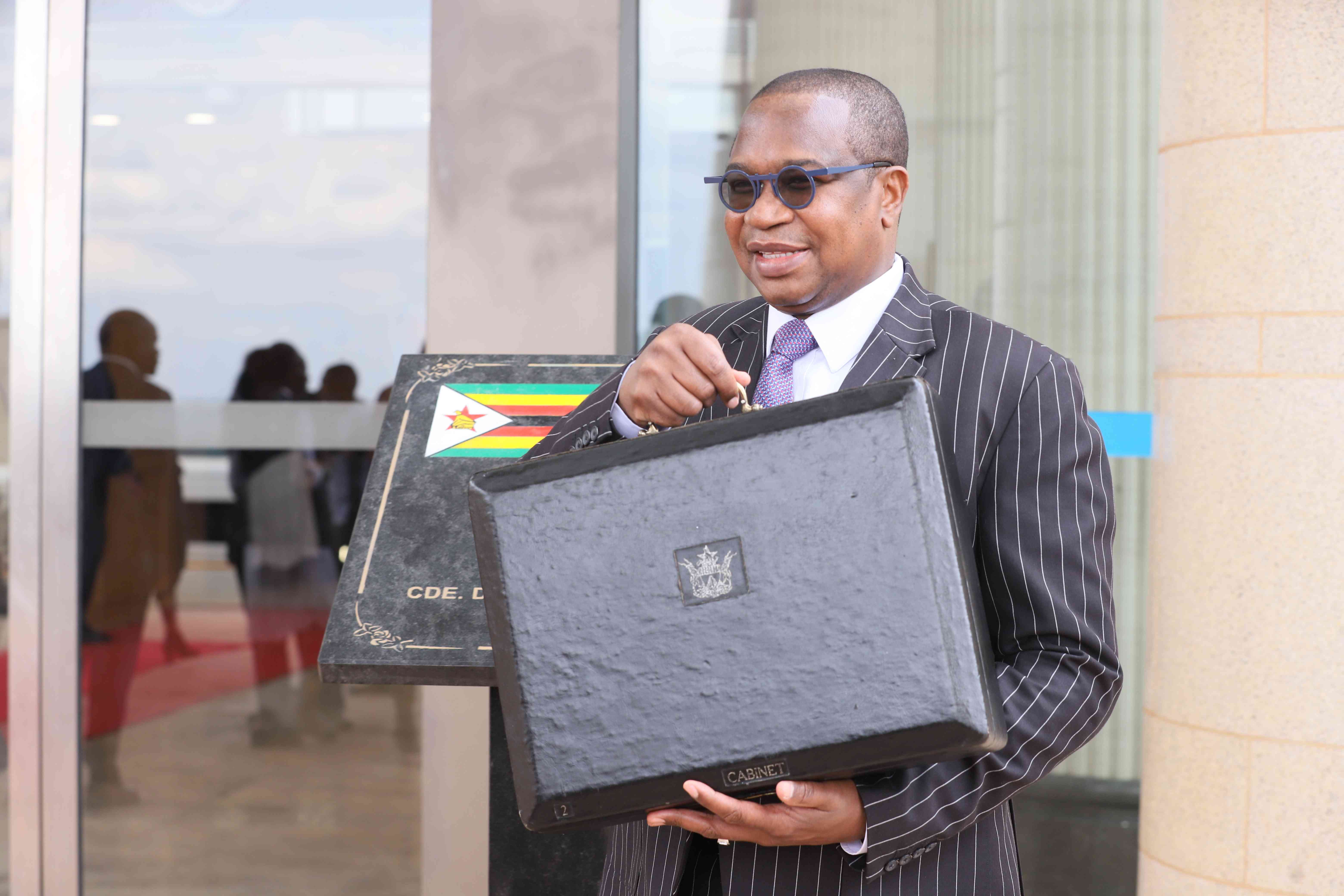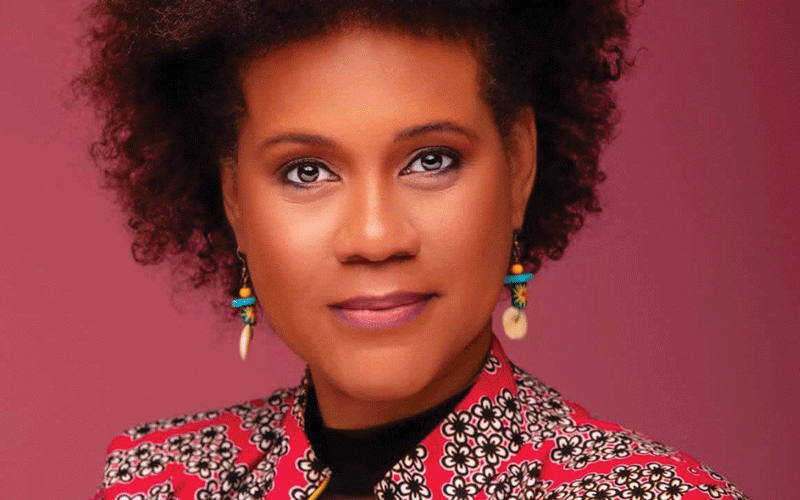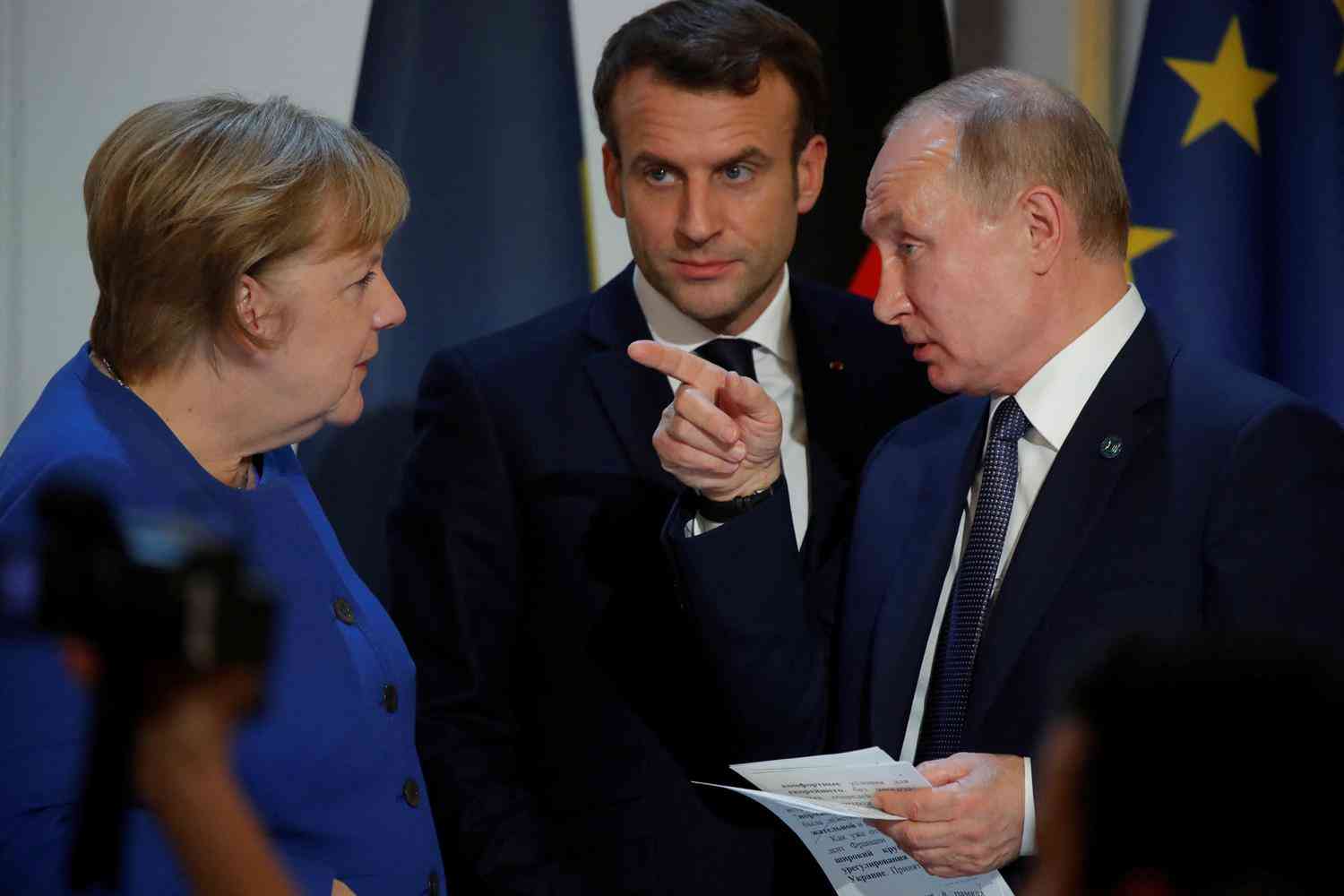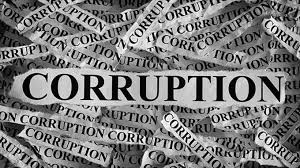
FINANCE minister Mthuli Ncube on Thursday tabled the 2024 national budget in Parliament. It is a budget that takes the country back to austerity — tightening of the proverbial belts and the majority poor will further sink into poverty as the tax reliefs given do not go far.
Ncube took the country by surprise when he presented the ZWL$59 trillion budget, when all along Treasury had said the budget would be ZWL$48 trillion and meant to consolidate economic recovery. The revised figure is on the backdrop of revised revenues that are now expected to hit ZWL$53 trillion in the 2024 financial year.
Unlike the best tricksters who start by giving the bad news and end with the good news so that the audience remembers the good, Ncube said the economy will grow nearly double than other Sadc countries and inflation will come down to between 10% and 20% by the end of December 2024.
The minister further told Parliament that the tax-free threshold for pay as you earn (PAYE) will, starting January 2024, be at ZWL$750 000 and that the non-taxable bonus has been upped to ZWL$7,5 million.
However, the joy was short-lived after people did a quick calculation of the exchange rate to the greenback, a currency that is used in nearly 80% of all transactions in Zimbabwe at the moment.
The reality is non-taxable income is a mere US$100 and anything above that is now taxable.
The tax-free bonus threshold is a mere US$1 000, if using the average ZWL$7 500 to the greenback. If the rate slid any further, one can see what a scam the said relief is.
Mthuli, using a sleight of hand, presented the budget using the multi-currency system. He used the US dollar for most of the taxes and levies, while the ZWL$ would apply on expenditure, including salaries and wages. The reporting currency is ZWL$ and with the aid of exchange rate depreciation, it will mask the funding gap or on a good day Treasury reporting surplus.
- Young entrepreneur dreams big
- Chibuku NeShamwari holds onto ethos of culture
- Health talk: Be wary of measles, its a deadly disease
- Macheso, Dhewa inspired me: Chinembiri
Keep Reading
The ZWL$750 000 tax-free threshold for PAYE will probably be reduced to something like US$90 or US$80 by the end of the first quarter if the inflation rate and exchange rate continues at the current rate.
For most Zimbabweans struggling with poor public transport and having resorted to importing second hand Japanese cars, Ncube had other ideas. He held the customs duty stead, but increased the strategic reserve levy by three cents and five cents for petrol and diesel, respectively. He further increased tollgate fees by 100% on the normal roads and a whooping 150% on premium roads. The high fuel prices and tollgate fees will eat into the common man’s pockets.
Any rise in fuel costs has a negative impact on pricing of goods and services. Manufacturers and wholesalers will have to recoup their distribution costs and hence they pass on the cost to the consumer.
This new increase, combined with the effects of value-added tax, means the poor will have to pay through the nose.
Government, the biggest employer by numbers, finally decided to impoverish civil servants.
The US$300 COVID-19 allowance is now part of their salaries and is now pensionable and taxable.
For the first time in four years, civil servants will be taking home less than what they were used to.
Treasury then decided to steal the cheer from the working class by introducing US$0,02cents/gram of sugar in beverages, which will be ring-fenced to support cancer treatment. This will affect the price of soft drinks, maheu and beer. These beverages will slowly become a preserve for the rich.
Continuing on the sin tax, Treasury has increased duty on cigarettes. This is problematic in the sense that if the taxes go up, it pushes smuggling of cigarettes and makes it a lucrative enterprise since smokers don’t quit easily.
In contrast, business in the tourism sector had the duty-free import of cars extended by two more years, coming to an end at the close of the 2026 financial year.
The rich always get away with it. Treasury introduced a 1% wealth tax on property valued at US$100 000 and a minimum domestic top-up tax for multinational companies so they can pay up to 15% on their operations.
Ncube also added a surcharge of between 30% and 50% on vehicles valued at US$120 000 to those valued at above US$750 000.
While these taxes are not only desirable, but necessary, it is a fact that the ultra-rich never do things in their own names, but use companies and trusts. It is only the few who will carry the burden.
In line with the second republic’s theme of giving preferential treatment to the military and war veterans, the government showed its gratitude by giving the security cluster the single largest vote at ZWL$8,6 trillion and a whopping ZWL$221 billion.
I know people will be shocked why I call the War Veterans budget whopping. Compare it to the ZWL$210 billion for Youths or ZWL$185 billion for ICT or ZWL$188 billion for Women’s Affairs and SMEs ministry.
It got more money than independent commissions like Zimbabwe Human Rights Commission, National Prosecuting Authority of Zimbabwe, Zimbabwe Anti-Corruption Commission, Zimbabwe Gender Commission or the Zimbabwe Media Commission.
One in every eight dollars in our budget is taking care of the military and war veterans. These are the power brokers and they are being rewarded for their role in the 2017 coup. This is not how a country develops.
The poor and working class are once again on their own. When they are remembered, it is the trickle down economics where they have to get a 1% corporate social responsibility levy from miners of lithium and black granite. Not certain what happens to communities without these resources.
Here is to the bleak 2024 for the working class and poor. Santa Mthuli stole Christmas.
Paidamoyo Muzulu is a journalist based in Harare. He writes here in his personal capacity.











